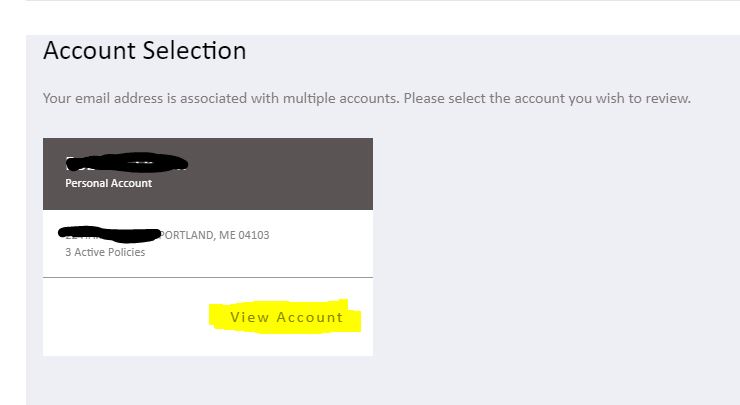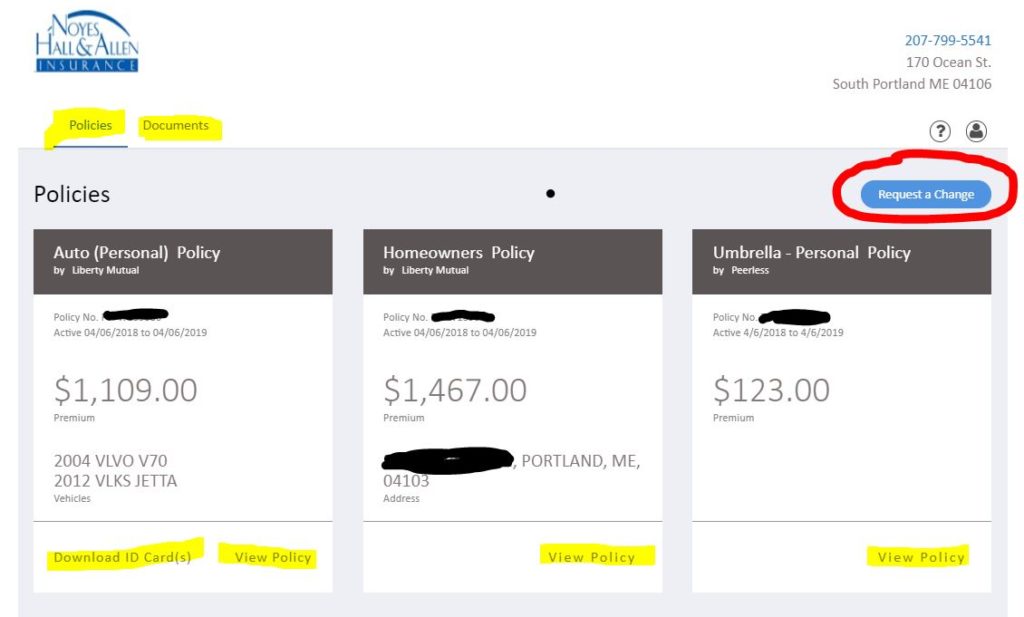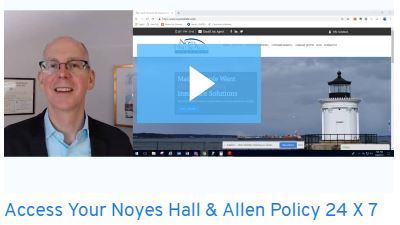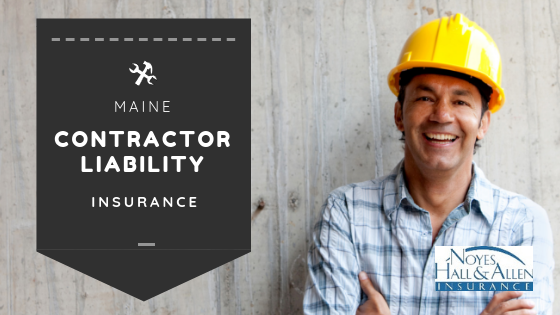You’ve been in a crash. You think it’s clearly the other driver’s fault. Should you use your own Maine auto insurance policy or go against the other driver’s insurance company? This is an issue we discuss with several clients a month. The answer and the process can be complicated.
Maine is a Modified Comparative Negligence State
Comparative negligence means your settlement in a claim can be reduced if you were partly at fault for the crash. Modified comparative negligence in Maine means that if you were less than 50% responsible for the damages, you can still recover some damages from the party that was more at fault than you. But if you were 50% or more responsible, you cannot collect damages from another party. You have to rely on your own insurance, or pay the loss yourself.
Example: You’re stopped in a line of traffic. One of your brake lights is burned out. Another driver, traveling too fast, can’t stop in time and rear-ends your vehicle. Your missing tail light could be determined to have contributed to the accident – let’s say 5%. The other driver’s speed and inattention is determined to be 95% at fault. They cannot collect any damages from you, but you can collect 95% of any medical costs and the cost to repair your vehicle.
Who Determines Who’s at Fault in a Car Accident?
If liability isn’t completely clear, insurance company adjusters usually negotiate payment of damages. They use police reports, statements from the people involved and Maine state law to determine relative fault. If the two parties can’t agree, one or more can file a lawsuit. Liability can then be determined through the courts, if the dispute lasts that long.
Should You Use Your Own Car Insurance if You’re Not at Fault?
If you’ve bought collision coverage for your vehicle, you have the option to file a claim with your own insurer. If not, then you have no choice but to go against the other driver’s policy.
If you file a claim on your own policy, your insurance company will pay to repair or replace your car, less your deductible. If you purchased rental reimbursement, they also pay to rent another vehicle while yours is not drivable. If the other driver is 100% at fault, their insurance pays to repair your vehicle, rent a replacement while it’s not driveable, and your related medical bills.
Now, back to the process of deciding whose insurance to use.
Using Your Insurance: PRO
- You KNOW you have insurance. You can never be sure about the other driver, even if they presented a policy number or insurance card at the accident scene.
- You haves some clout with your own insurer. You are their customer.
- The process is often faster, because you’re not arguing about whose fault the accident was. You are probably able to reach a settlement faster.
- You have an agent to help you through the process (assuming that you bought your insurance from a person and not an 800 number or web site).
Using Your Insurance: CON
- You’ll have to pay your deductible up-front to have your vehicle fixed. There’s no guarantee you’ll get that back. If your company is successful in collecting from the other party’s insurance (a process called “subrogation“), they will refund your deductible.
- You may not have purchased rental coverage. Even if you did, it has a daily dollar limit and a maximum dollar limit.
- The subrogation process takes time; even if your company successfully subrogates against the other insurance company, you will probably have to wait for weeks to get your deductible back.
- If your insurer isn’t successful in subrogation, they may count your accident against you. This could raise your rates down the road.
Using The Other Party’s Insurance: PRO
- You collect directly from their insurance company. You do not have to pay a deductible, because you’re using their liability insurance.
- If you need to rent a replacement vehicle while yours is unavailable, there is no daily or maximum dollar limit. As long as the vehicle is a reasonable replacement for what was damaged.
- Your insurance company won’t count the accident against you, because it was “not-at-fault”.
Using The Other Party’s Insurance: CON
- The other party may not have insurance – even if they presented an insurance card at the accident scene. And, even though it’s mandatory. They may have not paid their premium or canceled their policy.
- They may not have ENOUGH insurance. Maine only requires drivers to carry $50,000 per person for injuries to other parties and $25,000 property damage. If you’re tooling around in a modest late model vehicle, $25,000 may not be enough to replace it if it’s totaled.
- The other insurer may not readily accept liability. Some companies “play nicer” than others (we won’t name names here). Some are notorious for denying liability, no matter how clear-cut it may seem. This can drag out the whole process of getting you and your car back on the road, making it longer and more inconvenient than it needs to be.
- A police report may be necessary to prove who’s at fault, especially if your story and the other party’s don’t match. Some police departments are very quick to prepare accident reports and make them available. Others can take several days or weeks. Meanwhile, you need to have your car fixed.
- Your agent won’t be able to help as much as in a first party claim. They may be able to offer advice, but since they probably don’t represent the other company, they have less influence with them.
Should You Notify Your Insurance Company Even if You File a Claim with the Other Insurer?
This is good practice, for a few reasons:
- If the claim with the other company doesn’t go well, you can expedite the claim with yours.
- If the other party claims that you were at fault, your insurance company knows about the crash and is prepared to defend you.
- Your insurer will know about the accident. When it shows up on your motor vehicle record, they won’t charge you if you’re not at fault.
What To Do?
As you can see, it’s not a simple decision, and it depends greatly on the circumstances of your individual case. That’s just one reason why buying insurance from an agent – a knowledgeable advocate – is a smart decision. If you bought your policy from an 800 number or the internet, you won’t have a trusted advisor to help you decide which way to go with your claim.
If you live in the Portland Maine area and are looking for an insurance agent who can answer auto insurance questions and help you with the process, contact a Noyes Hall & Allen Insurance agent in South Portland at 207-799-5541. We offer a choice of Maine’s preferred insurance companies. We can help you find the right fit. We’re independent and committed to you.





 Most Maine auto insurance companies allow you to “suspend” coverage once a year while your car is off the road. That means dropping liability, collision and all other coverage except comprehensive. Your vehicle would remain insured against theft, tree or animal damage and collapse of the garage. This greatly reduces the insurance costs for the storage months.
Most Maine auto insurance companies allow you to “suspend” coverage once a year while your car is off the road. That means dropping liability, collision and all other coverage except comprehensive. Your vehicle would remain insured against theft, tree or animal damage and collapse of the garage. This greatly reduces the insurance costs for the storage months.

